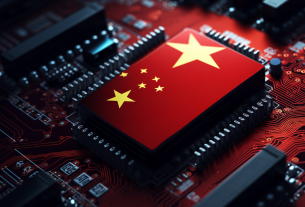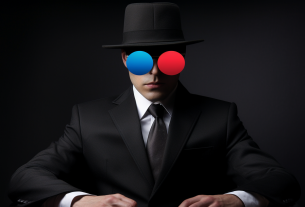Bud Light, one of the most recognizable beer brands in the world, is a key player in the global beverage industry. Its light, crisp taste and widespread marketing campaigns have made it a staple in bars and homes alike. But who is behind this iconic brand? The answer lies in the story of a company that has been a major force in the brewing industry for over a century.
Anheuser-Busch InBev: The Powerhouse Behind the Pint
The ownership of Bud Light can be traced back to a behemoth in the beer industry: Anheuser-Busch InBev. This global conglomerate is the result of multiple mergers and acquisitions, with roots that intertwine the histories of several brewing giants. Anheuser-Busch InBev, or AB InBev for short, was formed in 2008 through the merger of three of the world’s largest breweries: Belgium-based InBev, Brazil’s AmBev, and the iconic American brewer Anheuser-Busch.
A Legacy of Brewing Excellence
Anheuser-Busch, the original creator of Bud Light, has a storied past that dates back to the 19th century. Founded in 1852 by German immigrants in St. Louis, Missouri, the company grew from a small-scale operation into one of the most dominant players in the American beer market. The introduction of Bud Light in 1982 was a strategic move to capture the growing demand for lighter beers, and it quickly became a flagship product.
Innovation and Market Adaptation
AB InBev’s ownership of Bud Light is more than just a matter of corporate structure; it’s a testament to the company’s ability to innovate and adapt to changing market trends. The conglomerate has not only maintained Bud Light’s position as a market leader but has also expanded its reach through creative marketing strategies and product diversification, including the introduction of Bud Light Seltzer to tap into the growing hard seltzer market.
Global Reach, Local Impact
While AB InBev is a global corporation, it operates with a local mindset, understanding that beer is a cultural staple that resonates differently across the world. The company’s portfolio includes over 500 beer brands, ensuring that it caters to a wide array of tastes and preferences. Bud Light, however, remains one of its most universally recognized products, symbolizing the company’s successful blend of global reach and local appeal.
Conclusion
Bud Light’s journey from an American classic to a global phenomenon is a reflection of the strategic vision and market acumen of Anheuser-Busch InBev. As the beer industry continues to evolve, AB InBev’s stewardship of Bud Light will likely see the brand adapting to new challenges and opportunities, all while quenching the thirst of millions around the world.
FAQ
Q: Who owns Bud Light?
A: Bud Light is owned by Anheuser-Busch InBev, a global brewing company formed from the merger of Anheuser-Busch, InBev, and AmBev.
Q: When was Bud Light introduced?
A: Bud Light was introduced in 1982 by Anheuser-Busch.
Q: What is Anheuser-Busch InBev’s approach to the global beer market?
A: Anheuser-Busch InBev operates with a global reach but maintains a local mindset, catering to diverse cultural tastes with a portfolio of over 500 beer brands.
Explanations of Used Terms
Anheuser-Busch InBev (AB InBev): A multinational drink and brewing company based in Leuven, Belgium, that is the world’s largest brewer with a vast portfolio of over 500 beer brands.
Merger: The combination of two or more companies into a single entity, often to consolidate market share or resources.
Acquisition: The process by which one company purchases most or all of another company’s shares to gain control of that company.
Market Adaptation: The process by which a company adjusts and evolves its products and strategies to meet changing consumer demands and market conditions.
Hard Seltzer: A type of alcoholic beverage containing carbonated water, alcohol, and often fruit flavoring. It has gained popularity for its lower calorie content compared to traditional beers.



